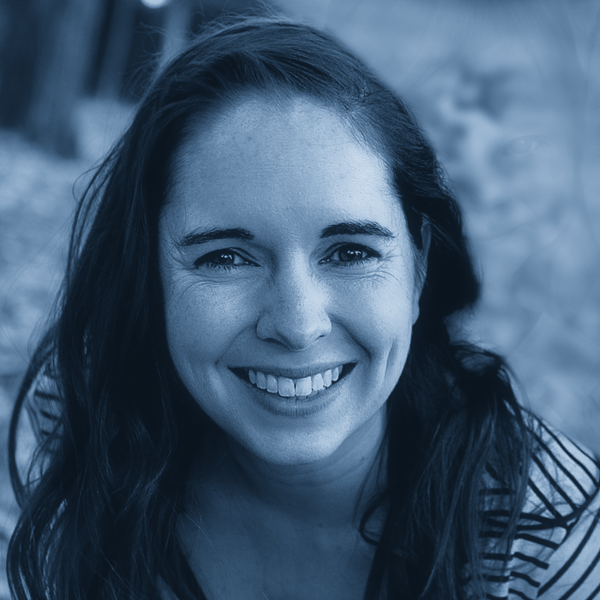For a group of high school students taking part in the event, the highlight of ReThink Waterloo 2009 may be sitting down to lunch with renowned environmentalist David Suzuki. But there’s a take-away message for them and the rest of Waterloo Region’s residents: you can make a difference.
Given the variety of environmental issues, some of them complex, that we’re exposed to regularly, the two-day conference hopes to come up with answers to one all-important question: What can I do?
“I am just like everybody else, I struggle with remembering, ‘OK, how do I recycle this?’ or ‘when do I get the green box in my part of the community’ or ‘what do I do when I get it?’ Because we have so much information out there about all of the things that we have done wrong in our world, it’s important to know what to do now,” said event organizer Marjorie Paleshi.
ReThink Waterloo 2009, a public forum being held Oct. 16-17, looks to promote sustainability in the Region of Waterloo. The conference, to be held at the Centre in the Square in Kitchener, will include seminars with local experts, an exhibit hall, and a keynote speech by Suzuki.
Kristina Parker, a student at Cameron Heights Collegiate Institute, sees the experience as a way to help her with “greening” her life.
“It sounded like a wonderful opportunity to get to know other kids who are also really passionate about the environment. It was a really great chance for us to all work together and collaborate ideas that could really make an impact in the community.”
By breaking down complex issues to practical steps each of us can take daily, presenters at the event hope to show participants how to lighten their environmental impact, ultimately lessening the collective footprint.
“Events like ReThink Waterloo provide a fantastic outlet to engage our community in envisioning a more sustainable future by asking important questions like, ‘What can I do?’ Given our work at Sustainable Waterloo helping organizations across Waterloo Region answer this same question, we’re excited to participate again this year and I’m personally looking forward to this forum,” said Mike Morrice, executive director of Sustainable Waterloo.
There will be some additional experiences for some 30 high school students. On the first day of the conference, they’ll be in discussions with Jean Becker, an aboriginal elder in residence for the Masters of Social Work at Wilfrid Laurier University, with whom they have been working throughout the process. There, they will commit to an environmental goal that they set for themselves. Following a luncheon with Suzuki on the Saturday, the students will present a challenge that includes everyday activities that will make our community more sustainable, Paleshi explained.
“The challenge is to say ‘OK, I am willing to do this thing for the environment, for this length of time.’”
This is the second year that the event has been running. Last year’s event, a smaller function, focused primarily on the problems we face. Now, the organizers are asking, ‘What can I do?’ Next year’s event will likely ask the question, ‘Where do we go for answers?’ and will point in the direction of action from the government.
“There are so many small actions that you can take to make a huge difference. It was great to see these broader topics of food, water, waste, et cetera, and find out what kinds of changes I can make in my everyday life to be more globally minded and responsible for my own actions,” said Parker.
Information about ReThink Waterloo 2009 can be found at www.rethinkwaterloo.org.







